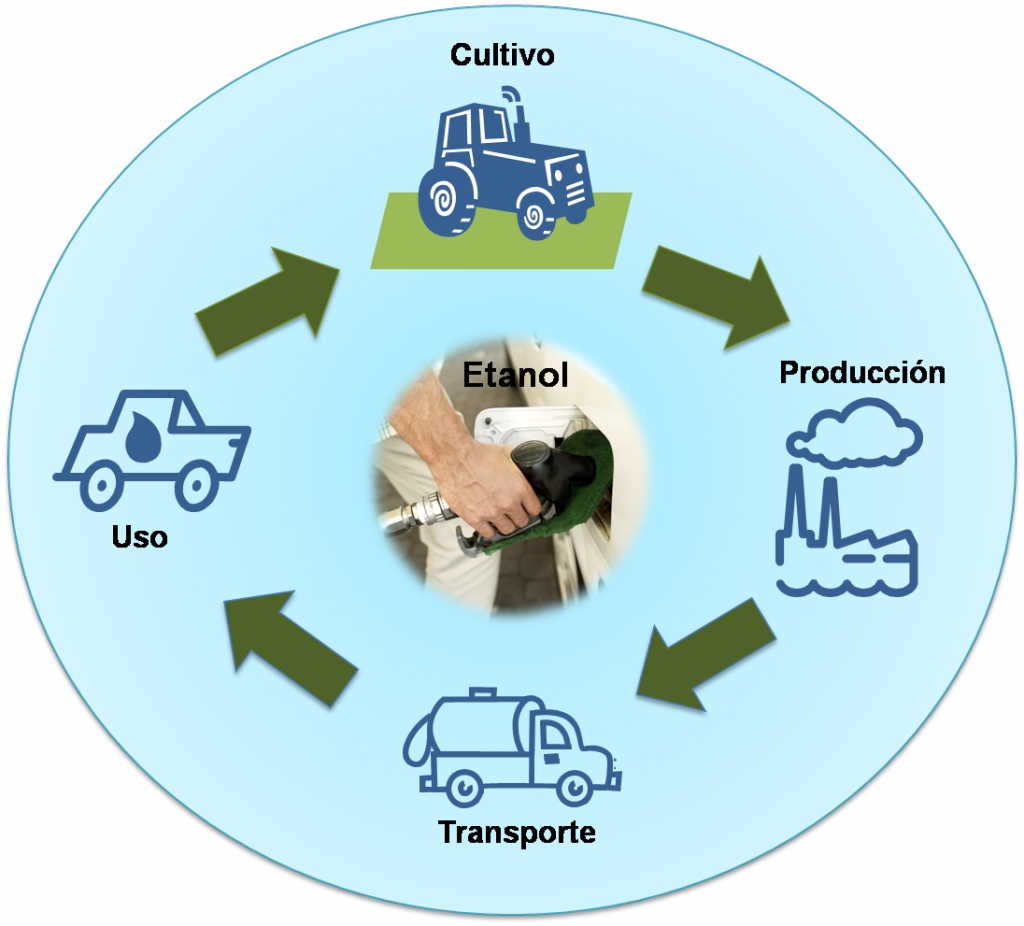
The life cycle thinking implies that everyone has a responsibility and a role to play throughout the life cycle chain of a product, from cradle to the grave, taking into account all relevant external effects.
From raw material extraction, refining, manufacture, use or consumption to its re-use, recycling or disposal, individuals must know the impacts that their products have on the environment and aim to reduce them as much as possible.
"The impacts through all stages of the life cycle should be considered in the decision making of the production and consumption patterns, policies and management strategies. "(Society of Environmental Toxicology and Chemistry).
A life cycle approach allows to recognize how our decisions affect every stage of the process and weigh the advantages and disadvantages, contributing to the economy, environment and society. Having a life cycle approach allows us to:
- Be aware that our preferences are not isolated
- Make decisions for the long term
- Improving complete systems rather than parts of systems
- Have informed preferences
This approach has management tools that allow management aimed to sustainable development:
 The life cycle thinking implies that everyone has a responsibility and a role to play throughout the life cycle chain of a product, from cradle to the grave, taking into account all relevant external effects.
From raw material extraction, refining, manufacture, use or consumption to its re-use, recycling or disposal, individuals must know the impacts that their products have on the environment and aim to reduce them as much as possible.
"The impacts through all stages of the life cycle should be considered in the decision making of the production and consumption patterns, policies and management strategies. "(Society of Environmental Toxicology and Chemistry).
A life cycle approach allows to recognize how our decisions affect every stage of the process and weigh the advantages and disadvantages, contributing to the economy, environment and society. Having a life cycle approach allows us to:
The life cycle thinking implies that everyone has a responsibility and a role to play throughout the life cycle chain of a product, from cradle to the grave, taking into account all relevant external effects.
From raw material extraction, refining, manufacture, use or consumption to its re-use, recycling or disposal, individuals must know the impacts that their products have on the environment and aim to reduce them as much as possible.
"The impacts through all stages of the life cycle should be considered in the decision making of the production and consumption patterns, policies and management strategies. "(Society of Environmental Toxicology and Chemistry).
A life cycle approach allows to recognize how our decisions affect every stage of the process and weigh the advantages and disadvantages, contributing to the economy, environment and society. Having a life cycle approach allows us to: